The recent concerns regarding the performances of the VIP characters in Squid Game Season 3 have come to light, particularly due to the use of dubbing that replaces the original voices of the actors. Bryan Bucco, who played one of the VIPs, expressed confusion over why Netflix chose to dub over their performances with different English voice actors. He indicated that this may be standard practice for clarity, yet it results in inconsistency across various versions of the show. Bucco highlighted how some regions still have the VIPs' original voices, creating a disparity in the viewing experience. Critics have noted that these dubbed performances detract from the show's overall quality, as they disrupt the tone and connection established with the main characters. Despite such criticisms, Squid Game continues to achieve significant viewership success for Netflix, with discussions of a U.S.-based spin-off in the pipeline.
Why are the VIP characters in Squid Game so poorly received by viewers?The VIP characters in Squid Game have faced backlash primarily due to their inconsistent dialogue delivery and performances that many viewers find to be cringeworthy and distracting. Their portrayal, combined with odd dubbing choices, creates a dissonance that pulls the audience away from the narrative's intensity, undermining the series' quality.
Squid Game premiered in 2021 and quickly became a cultural phenomenon, known for its gripping narrative and social commentary. The series, directed by Hwang Dong-hyuk, focuses on contestants who participate in deadly children's games for a chance at financial freedom. The VIPs, depicted as wealthy figures reveling in the games' brutality, serve as a stark contrast to the desperate contestants. Despite the series attracting widespread acclaim and multiple awards, its third season has sparked debate over narrative effectiveness and character development, especially concerning the VIPs' roles.

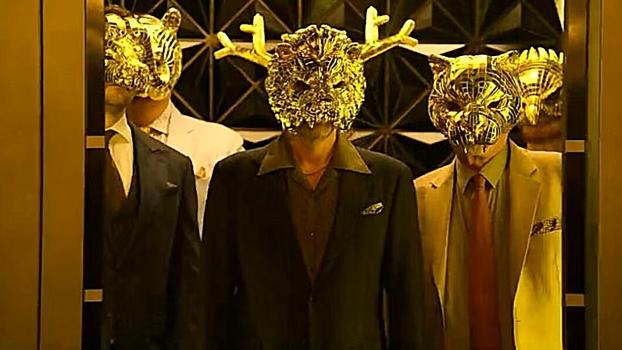

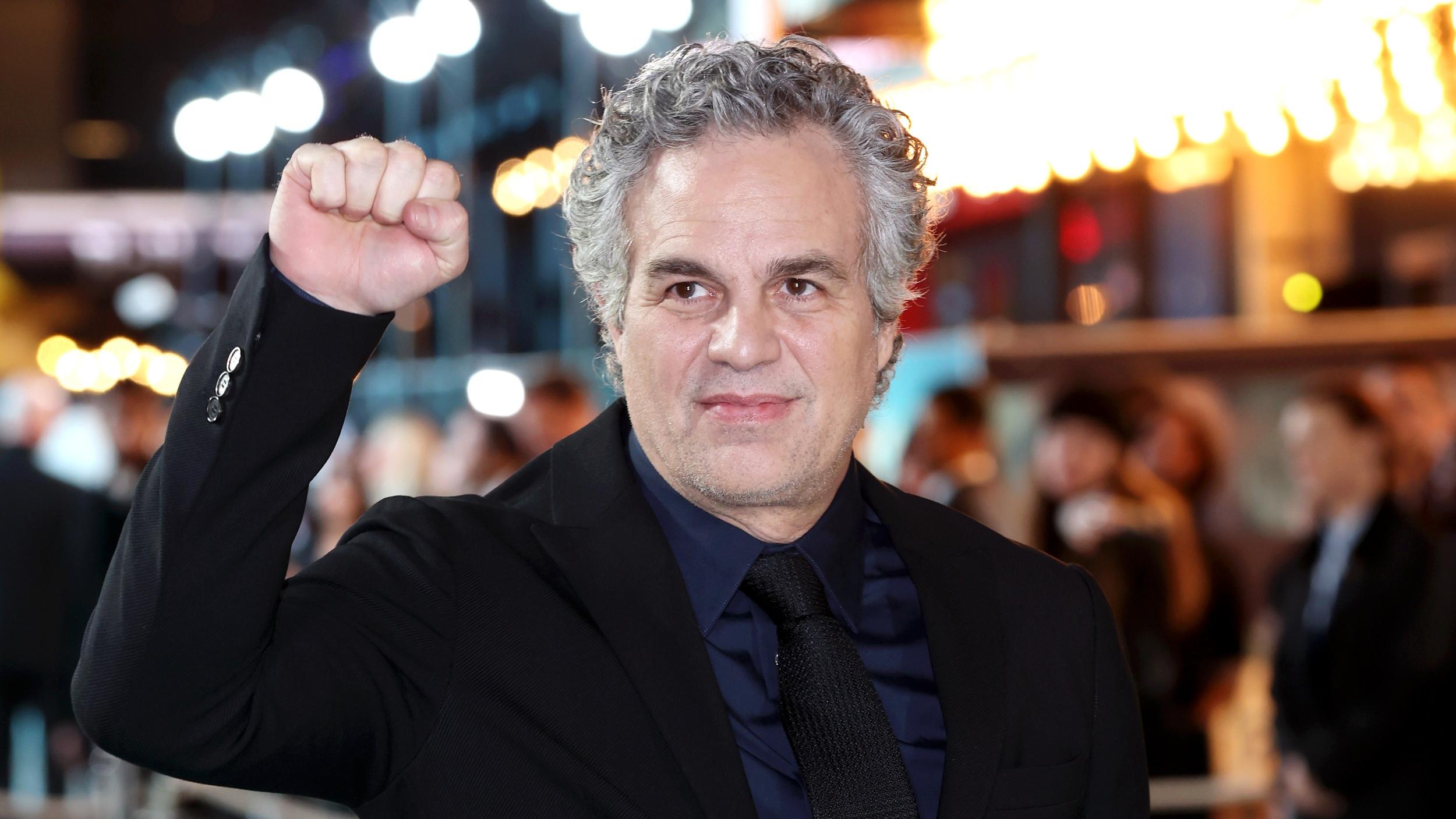
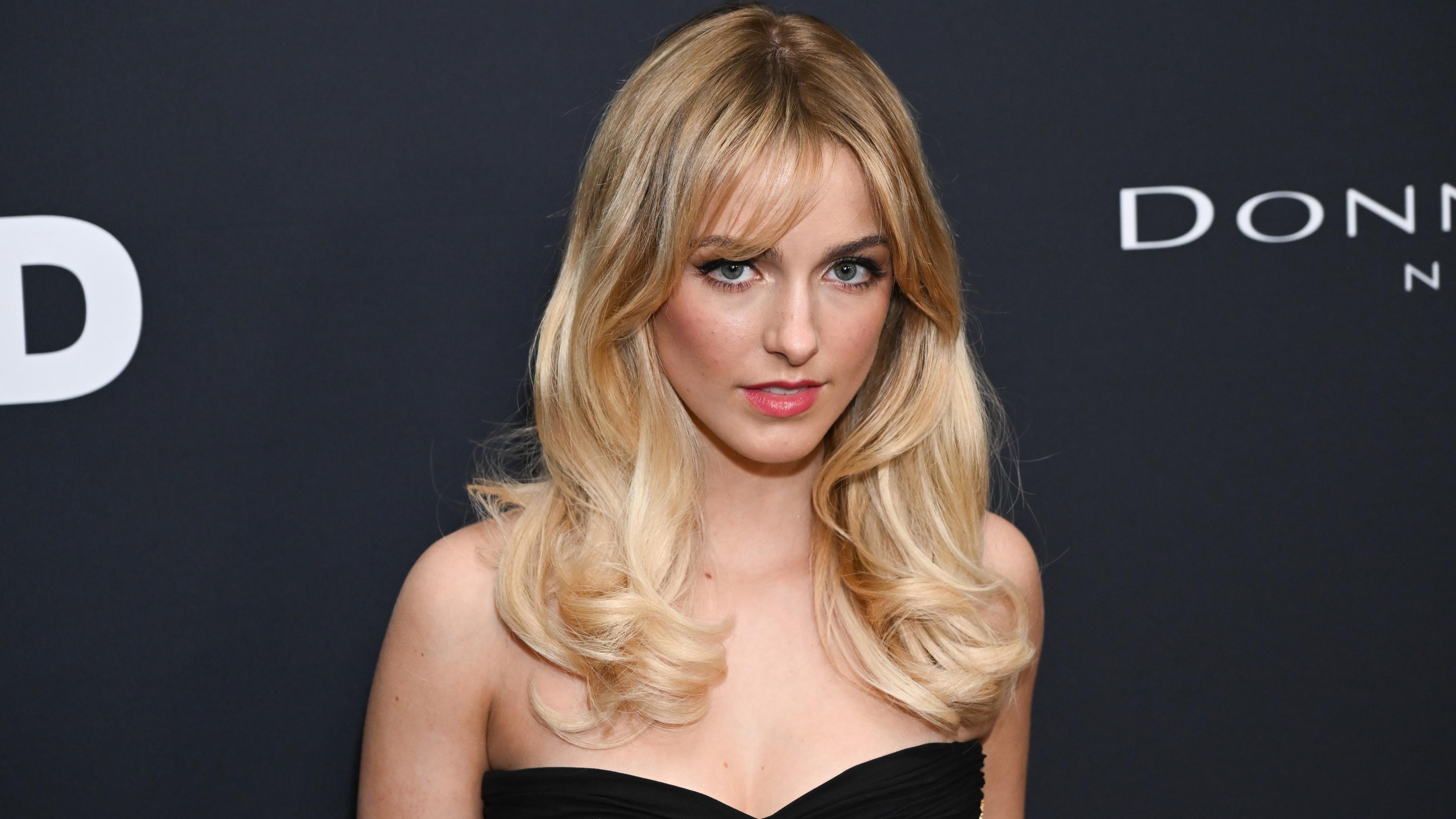

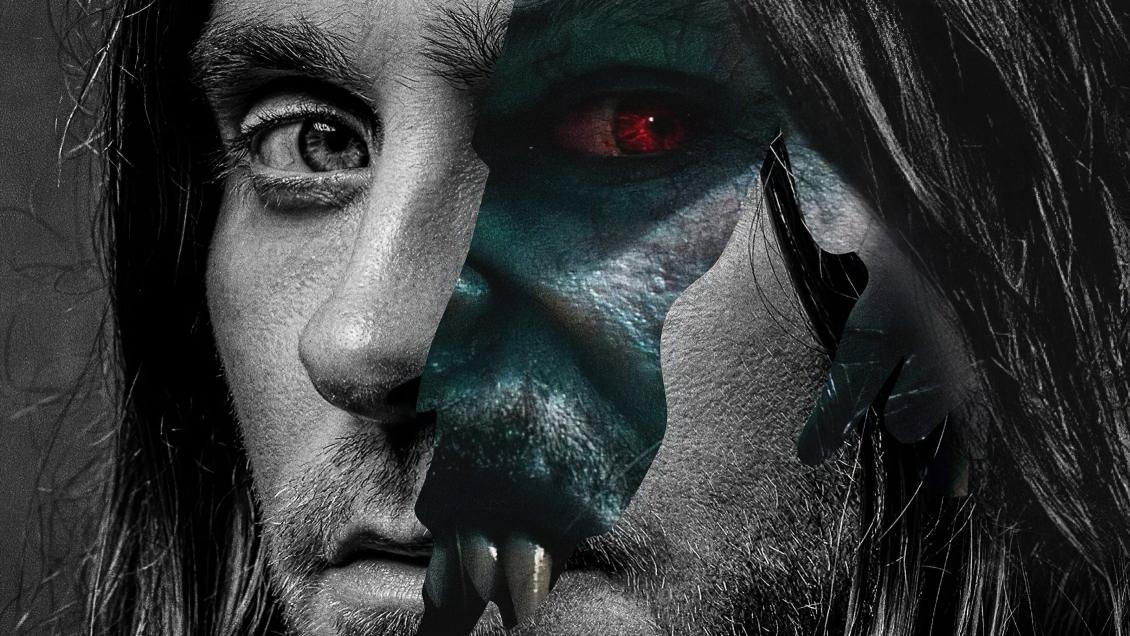

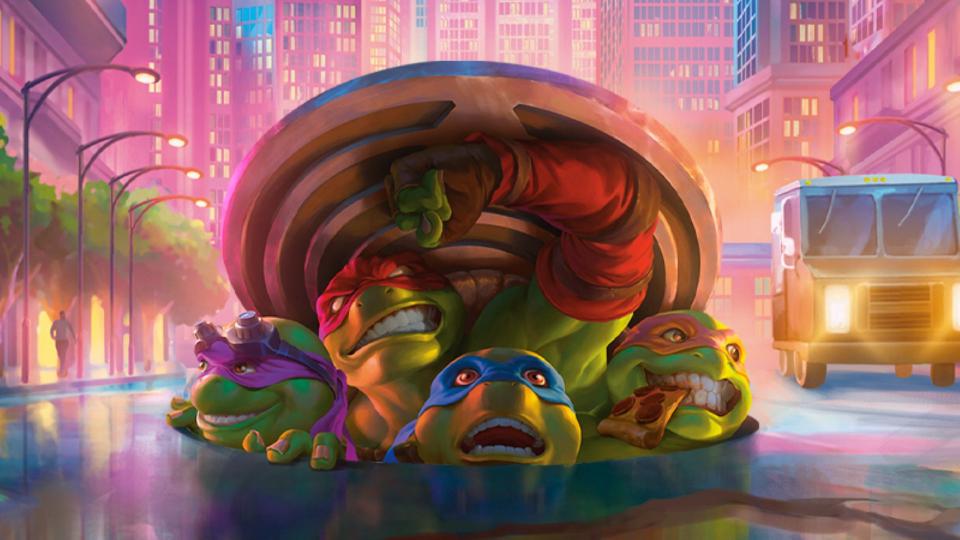
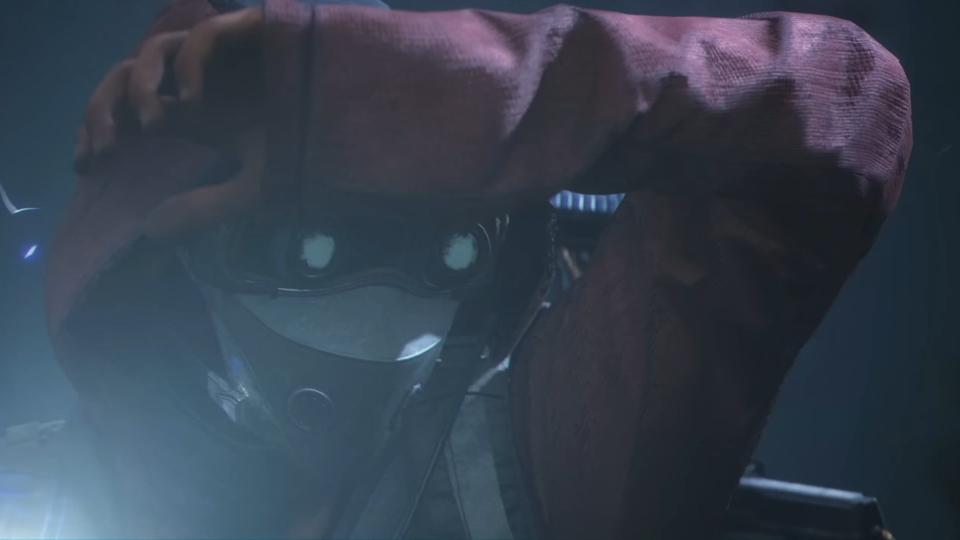
Comments
No comments yet. Be the first to comment!